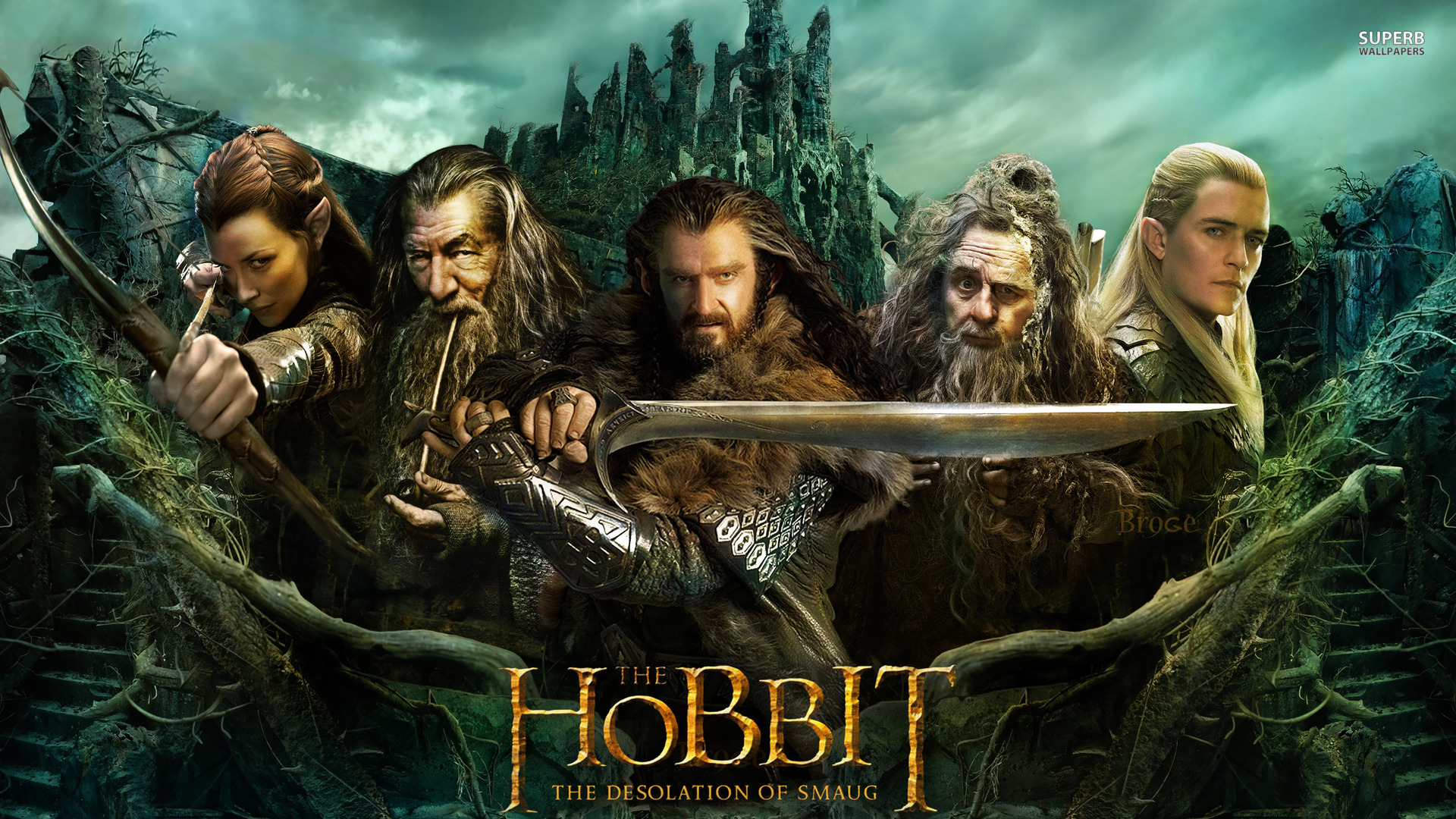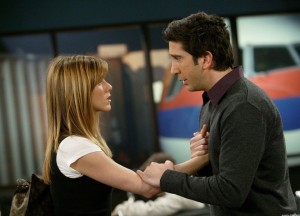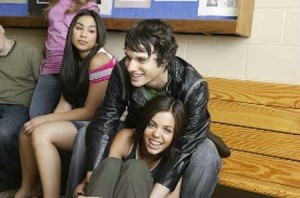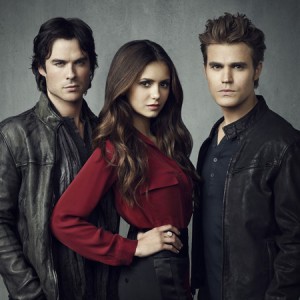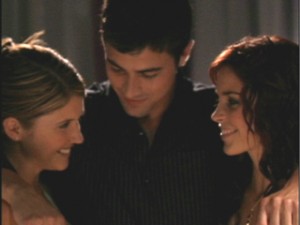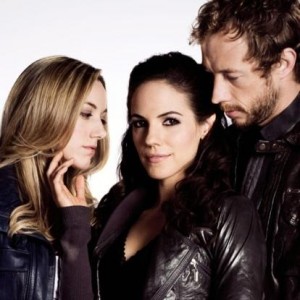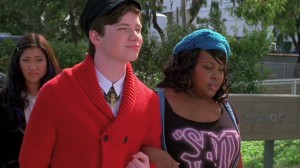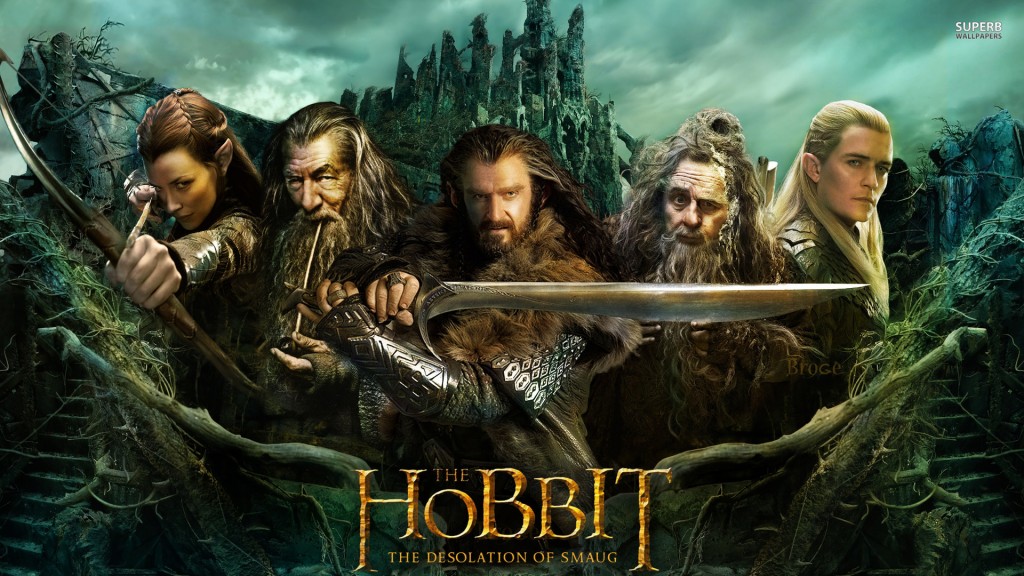
Written by Rachel Redfern
Spoiler Alert
The Hobbit: The Desolation of Smaug premiered on Friday, just in case you didn’t know. And while the film has pulled in $73.7 million and topped the box office this weekend, there have been some mixed reviews–it’s too long, too boring, too overdone, too much action, or it’s fun, it’s brilliant, it’s beautiful. The divisiveness is understandable. Tolkien is a necessary staple to any library and Jackson’s Lord of The Rings, really is a visually-stunning, incredibly acted epic series; in my re-watching of the films last week, I was struck with just how impressive the films still were, perhaps even more so now.
It makes sense that any spinoff of such a beloved and hefty series, could either be a magical dream true (hello, Stephen Colbert), or too much of a good thing.
And here, in this installment especially, there was bound to be naysayers. The addition of Evangeline Lilly (Lost) as Tauriel caused some concern among real LOTR fans, mostly because that character never existed in The Hobbit and no one wants to see a beloved a story messed with; but to be fair, if it wasn’t tinkered with and explored, then why go and see the film? You might as well just stay home and read the book then if you’re not interested on gaining a new perspective on the story. But as was the case with Game of Thrones (at least according to me, don’t get too angry), I thought that the TV show was better with some of the changes and additions to the story, especially in the fleshing out of Margery Tyrell and Shae, both of whom are far more fascinating and interesting in the show than they are in the book. Why couldn’t the same be true in The Hobbit: The Desolation of Smaug?

Tauriel is a playful Captain of the Guard whose fighting skills rival that of the great CGI scenes for Legolas; except seriously though, Lilly actually used to teach archery at summer camp. Besides that, Lilly has a beautiful poise that really is perfect for a Tolkien Elf, and while I don’t speak it so I can’t be sure, her Elvish sounded fantastic. As Lilly is a staunch fan of Tolkien she was worried about adding in a new character, but in one of my favorite quotes from 2013, stated that, “I keep repeatedly telling people that in this day and age, to put nine hours of cinema entertainment in theaters for young girls to go and watch, and not have one female character for them to watch is subliminally telling them, ‘you don’t count.’ You’re not important, and you’re not pivotal to story.”
Which is exactly the attitude that is essential for progress to be made in the representations of women on film and television, and it’s amazing that Lilly was so invested in a larger goal that she was willing to tamper with one of her favorite stories. And she took even one step further; according to Lilly, she originally agreed to the part under one condition: “One condition, and they agreed to the condition, and that condition was in place for two years. The condition was I will not be involved in a love triangle. Right? Because any of you who are fans of Lost, I’ve had it up to here with love triangles.”
But then, that changed, and while Lilly, Jackson, and Phillipa Boyens (writer) all agreed that the love triangle just sort of arose naturally during filming, it was still a bit disappointing (despite Kili [Aiden Turner] being a remarkable rare mix of adorable sexiness). Twilight, Vampire Diaries, Hunger Games–all uber-famous features that are centered around a love triangle, and mostly, it’s just sort of getting old: there are others ways of portraying love than two fantastically handsome men drooling over an unreachable average woman.
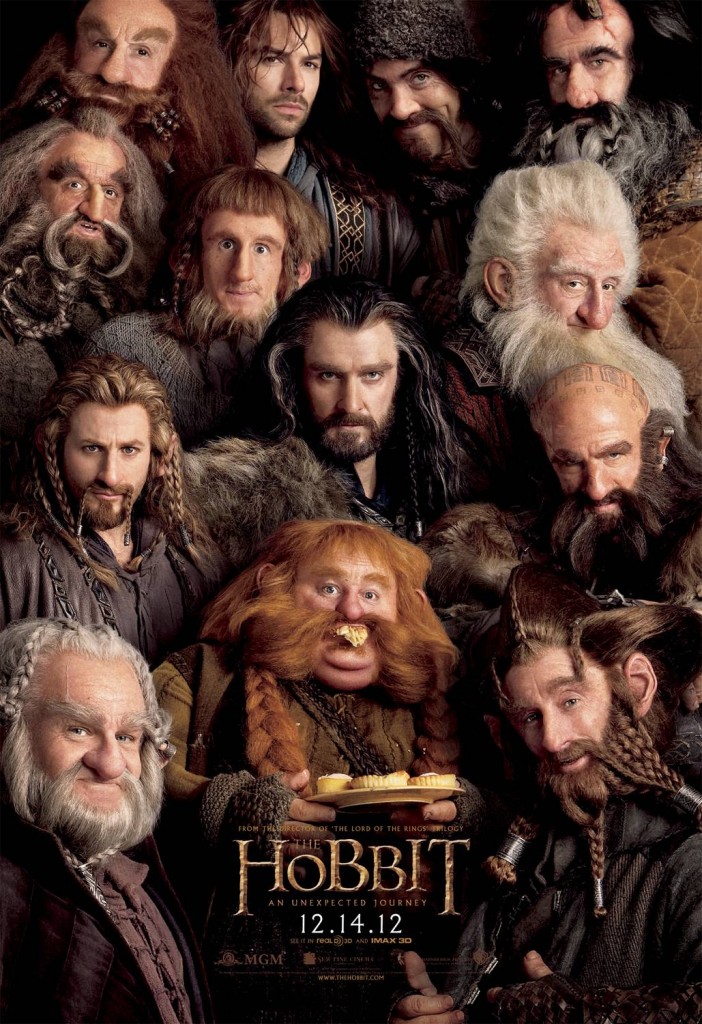
I agree with Jackson and Lilly in their decisions to bring in a female character and wish more could have been incorporated, because at it’s core, The Hobbit is just a hairy version of Band of Brothers with a lot of mountains. And in reality, after watching The Desolation of Smaug, I tried to dream up a female version of this film, and I wondered, what would it look like? How would those interactions have changed? And it was really difficult to imagine anyone producing a film about 15 very short women of vary levels of attractiveness, traveling through a forest to kill a dragon with their queen and bossy/optimistic sorceress in tow.
Generally in film, large group female interactions, with or without world-saving levels of adventure, tend to be characterized by passive-aggressive bitchiness. And I’m at a loss for any TV show, miniseries, or film, that has ever been about an all-female group trying to save the world, much less three four-hour films about said adventure.
In all seriousness, would you go to see that movie?
See also at Bitch Flicks: “How Love Triangles Perpetuate Misogyny,” by Erin Tatum; “‘The Hobbit’: A Totally Expected Bro-Fest,” by Erin Fenner; “‘The Hobbit: An Unexpected Journey’: The Addition of Feminine Presence During a Quest for the Ages,” by Elise Schwartz; “Gendered Values and Women in Middle Earth,” by Barrett Vann
